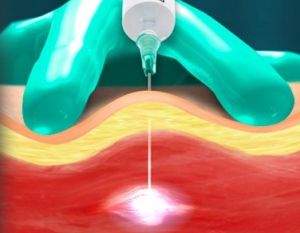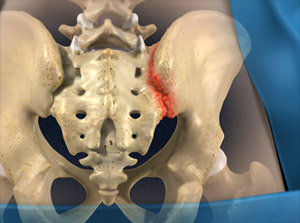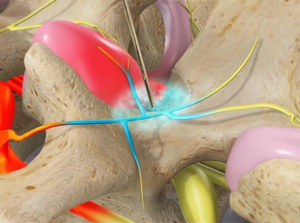Interventional Pain Management
Interventional pain management is a type of specialized medical care designed to minimize the impact of surgical pain, acute pain or chronic pain. Our interventional pain management physician and clinical staff utilize the latest procedures which can reduce pain and help patients enjoy a better quality of life.
Choose area of interest:
or
Specific Symptom & Condition Overview
Click condition to view more information and treatment options.
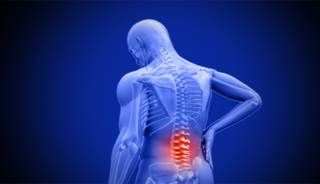
A spinal cord stimulator (SCS) device is surgically placed under your skin and sends a mild electric current to your spinal cord. A small wire carries the current from a pulse generator to the nerve fibers of the spinal cord. When turned on, the SCS stimulates the nerves in the area where your pain is felt.
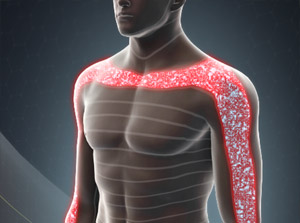
This condition is an irritation or compression of one or more nerve roots in the cervical spine. Because these nerves travel to the shoulders, arms and hands, an injury in the cervical spine can cause symptoms in these areas. Cervical radiculopathy may result from a variety of problems with the bones and tissues of the cervical spinal column.
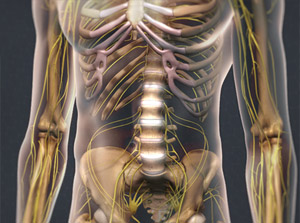
This condition is a weakening of one or more vertebral discs, which normally act as a cushion between the vertebrae. This condition can develop as a natural part of the aging process, but it may also result from injury to the back.
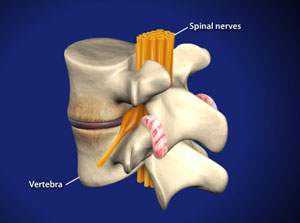
This condition is a degeneration of the spine that can affect the spine at any level, resulting in pain and discomfort that can grow worse over time.

Post laminectomy syndrome, also called failed back syndrome, is a continuous and chronic pain that can develop after certain types of back surgery.

This chronic condition, also known as reflex sympathetic dystrophy, is an unexplained feeling of pain and discomfort that most commonly affects an arm, leg, hand or foot. Often, it begins in the hand or foot and then spreads to affect the entire limb.
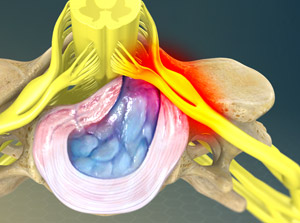
When a disc in the cervical spine ruptures, soft material from inside the disc can form a bulge that presses painfully against the spinal cord and nerve roots.
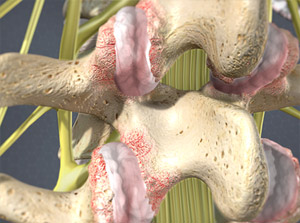
This condition is a detereoration of the facet joints, which help stabilize the spine and limit excessive motion. The facet joints are lined with cartilage and surrounded by a lubricating capsule that enables the vertebrae to bend and twist.
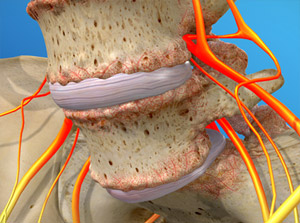
In this condition, damage to bones or joints causes vertebrae to slip forward and distort the spinal cord. This animation will show two types of spondylolisthesis, degenerative and isthmic.
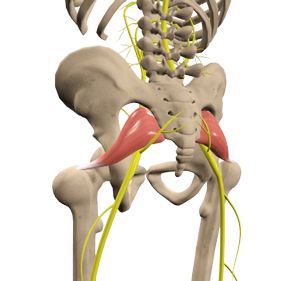
This condition is an irritation of the sciatic nerve, a thick nerve that branches from the lumbar spine and travels through the buttocks and down the back of each leg. An irritation of the sciatic nerve can result in radiating pain or numbness from the buttocks down through the legs.
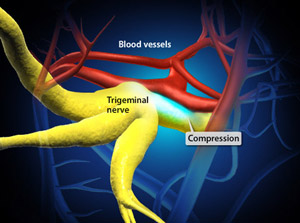
This chronic condition is caused by a misfiring of the trigeminal nerve. An attack causes brief episodes of extreme, shooting pain. TN most commonly affects older people.
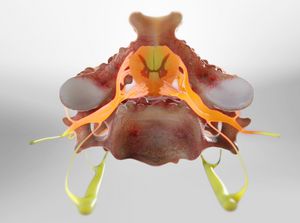
This condition is a narrowing of the spinal canal that results from the degeneration of bones, discs, or joints in the cervical spine.

This rupture of a vertebral disc can be caused by the normal wear of aging or by traumatic injury. A herniated disc can push painfully against a nerve root, sending pain down the sciatic nerve and resulting in a burning, tingling and/or numbing sensation from the lower back down to one or both feet.

This condition is an irritation or compression of one or more nerve roots in the lumbar spine. Because these nerves travel to the hips, buttocks, legs and feet, an injury in the lumbar spine can cause symptoms in these areas. Sciatica may result from a variety of problems with the bones and tissues of the lumbar spinal column.

This condition is an inflammation of the tip of the tailbone, called the coccyx. It causes pain and tenderness between the buttocks.
Pain Treatment Services
Our pain management physician and clinical staff utilize the latest procedures which can reduce pain and help patients enjoy a better quality of life.
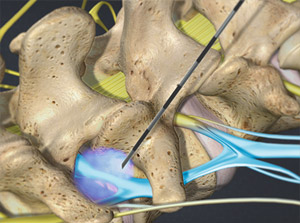
Epidural Steroid Injections
A broad approach to ease back and neck pain, as well as radiating limb pain by bathing a multitude of nerves with a steroid solution.
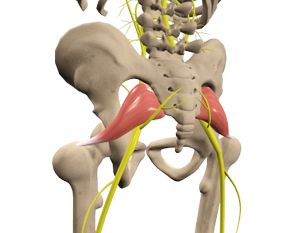
Piriformis Muscle Injections
Injection used to diagnosis and treat certain forms of sciatica.
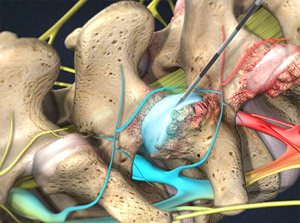
Facet Joint Injections
Injections used to diagnose and treat certain forms of chronic neck and back pain.
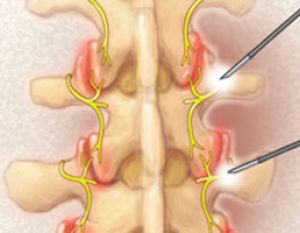
Radiofrequency Ablation Procedure
Procedure used to provide long-term relief to patients with chronic headaches, back pain, neck pain and sacroiliac joint pain. This is helpful to patients who have responded to conservative therapy for a short amount of time.
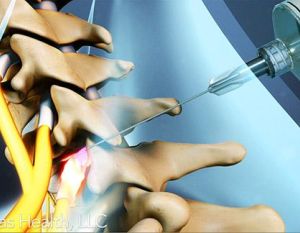
Selective Nerve Root Injections
A selective process, in which to diagnose and treat a nerve or nerves causing radiating pain symptoms.
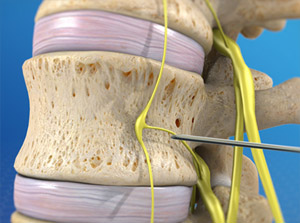
Lumbar Sympathetic Block
An injection used to diagnose and treat lower extremity reflex sympathetic dystrophy/complex regional pain syndrome.
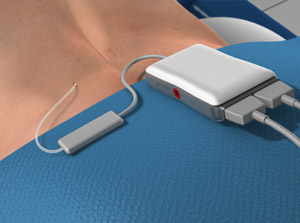
Spinal Cord Stimulator
A procedure performed to help control chronic pain that has not responded to other conservative measures or surgical intervention. The patient will typically undergo a trial phase prior to proceeding with permanent implantation.
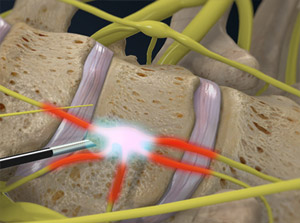
Stellate Ganglion Block
An injection used to diagnose and treat upper extremity reflex sympathetic dystrophy/complex regional pain syndrome.
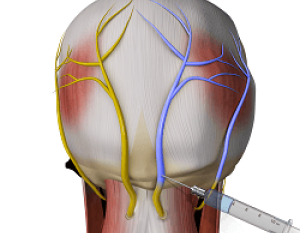
Occipital Nerve Blocks
Injections used to diagnose and treat certain forms of headaches.
